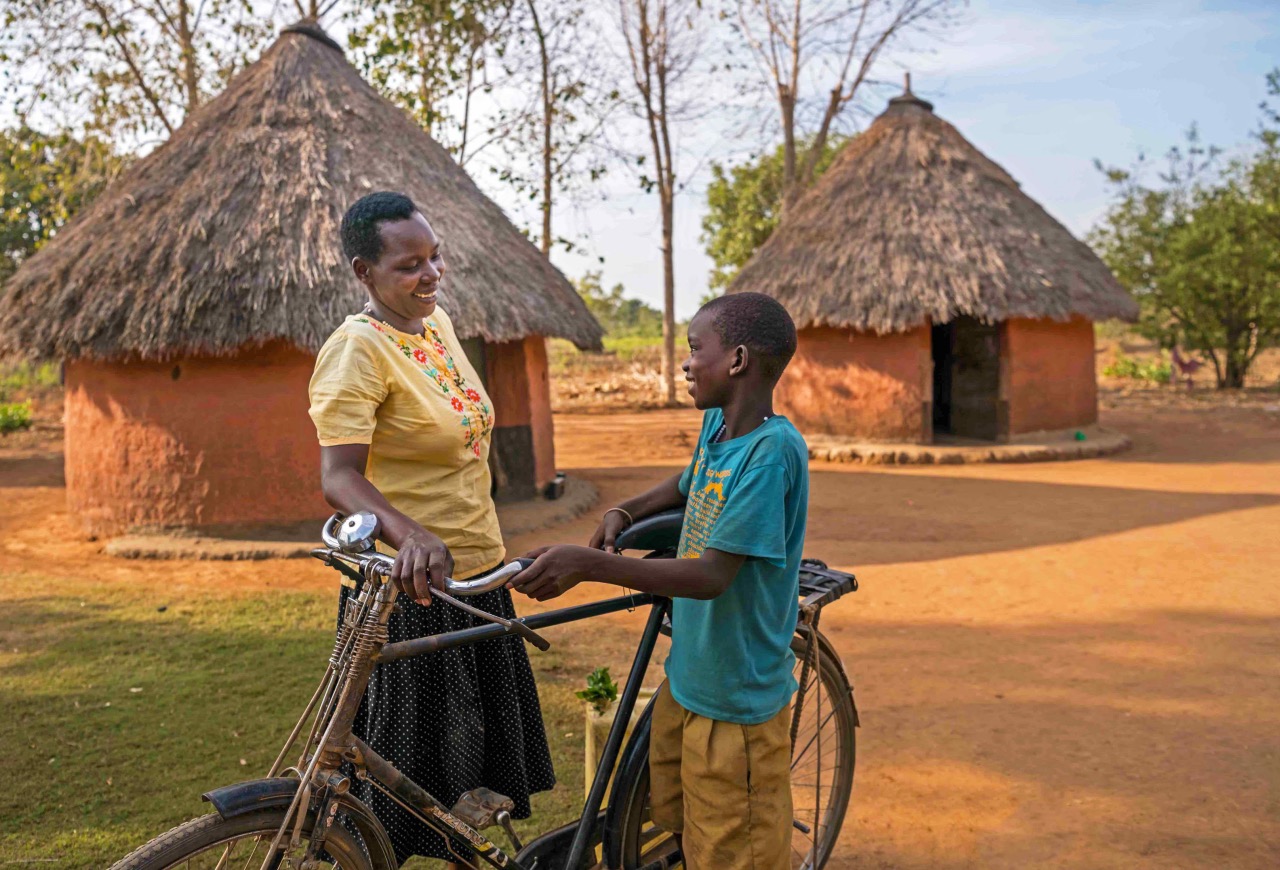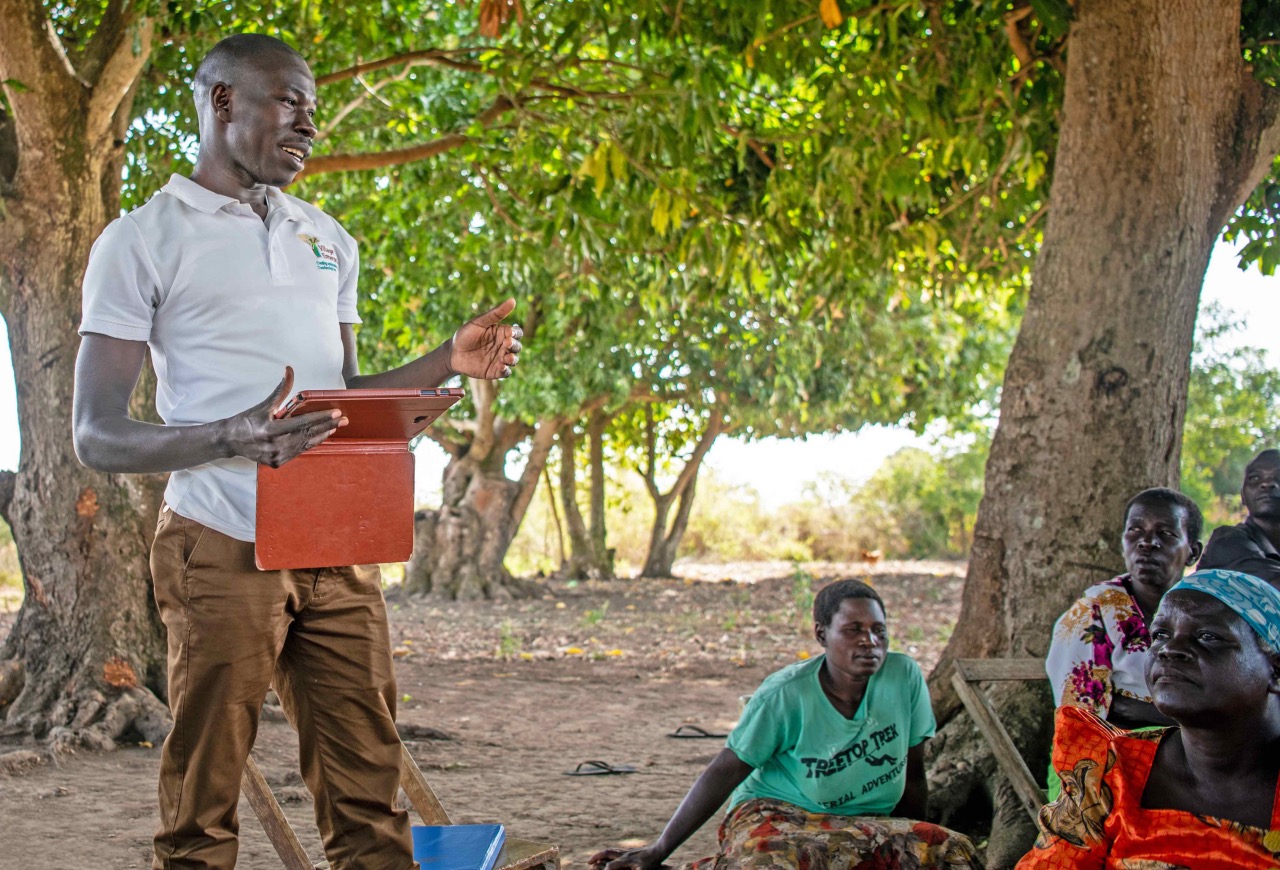Launched in 2017, the Village Enterprise Development Impact Bond has helped 95,000 East Africans out of poverty during the pandemic, supporting more than 14,000 first-time entrepreneurs in Kenya and Uganda

The Village Enterprise Development Impact Bond (DIB), backed by European impact investors including Bridges Impact Foundation and the UK government, has cut poverty for 95,000 East Africans during the pandemic, according to results published last week.
Launched in 2017, the DIB funded a ‘graduation out of poverty’ programme run by non-profit Village Enterprise, which enabled more than 14,000 first-time entrepreneurs, 75% of them women, in Kenya and Uganda to start small businesses and form business savings groups.
The introduction of Africa’s first development impact bond had a catalytic effect: households who took part boosted their income as well as their savings.
“Using the results-based approach instead of delivering set activities, our field team worked closely with our business owners to set savings and business health targets,” said Taddeo Muriuki, Village Enterprise’s vice president of Africa Operations.
‘Outcome payers,’ including USAID Development Innovation Ventures (DIV), the UK’s Foreign, Commonwealth and Development Office (FCDO), and an anonymous fund, paid back Village Enterprise to the maximum amount after it met all the agreed targets. Village Enterprise then repaid the investors.
“We trained teams to use powerful adaptive management tools and dashboards to track the entrepreneurs’ progress and problem-solve in real-time to ensure their businesses were profitable and they achieved their saving goals,” said Muriuki.
Results-driven
A survey of some 10,000 households in Kenya and Uganda by mission-driven research and advisory firm IDInsight found that households who took part in the programme consumed on average USD 9.9 USD more per month, or 6.3%, and also saw their net assets grow by 5.8%, compared to those who didn’t take part.

“Before the DIB, we thought we were focused on results and innovation but not enough to achieve our ambitious mission of ending extreme poverty in rural Africa,” said Dianne Calvi, chief executive officer of Village Enterprise. She added the impact bond “helped us foster a results-driven culture, drove digital innovations and contributed significantly to increasing our impact at scale”.
The Village Enterprise Development Impact Bond is a partnership between several stakeholders, including impact investors Delta Fund, Bridges Impact Foundation, King Philantrophies, Laidir Foundation, Skees Family Foundation, Silicon Valley Social Venture Fund, Excelsior Impact Fund and private impact investors.
Michele Giddens, partner and co-CEO at London-based Bridges Fund Management, and a trustee for the Bridges Impact Foundation, called Village Enterprise’s outcomes-based delivery model “an incredibly powerful tool for alleviating poverty in Kenya and Uganda”.
Vicky Ford, the UK minister for Africa, said the FCDO was “proud” to have contributed £1.6m to the programme. “The success of the project demonstrates that the private sector can, and does, play a vital role in our pursuit of the Sustainable Development Goals. We hope that it can be a blueprint for similar programmes across Africa and beyond,” Ford said.






